The 2025 Toyota 4Runner: A Bold Step Towards a Sustainable Future
Related Articles: The 2025 Toyota 4Runner: A Bold Step Towards a Sustainable Future
Introduction
With enthusiasm, let’s navigate through the intriguing topic related to The 2025 Toyota 4Runner: A Bold Step Towards a Sustainable Future. Let’s weave interesting information and offer fresh perspectives to the readers.
Table of Content
The 2025 Toyota 4Runner: A Bold Step Towards a Sustainable Future
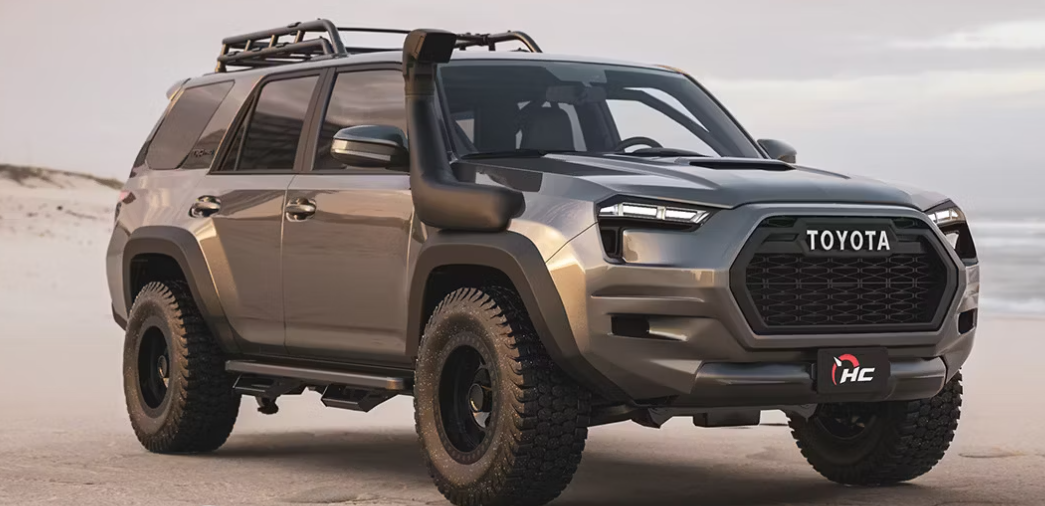
The Toyota 4Runner, a name synonymous with rugged off-road capability and enduring reliability, is poised to enter a new era with the anticipated 2025 model year. While the exact details remain under wraps, speculation and industry trends point towards a significant shift – the introduction of a plug-in hybrid electric vehicle (PHEV) variant. This move signifies Toyota’s commitment to embracing a more sustainable future while retaining the core values that have defined the 4Runner for generations.
A Fusion of Power and Efficiency
The 2025 4Runner PHEV is expected to combine the familiar gasoline engine with an electric motor and battery pack, offering a compelling blend of power and efficiency. This hybrid system promises to deliver the robust performance expected from a 4Runner, capable of tackling challenging terrains and towing heavy loads, while significantly reducing fuel consumption and emissions.
Unveiling the Potential
While Toyota has not officially confirmed specifics, the 2025 4Runner PHEV is anticipated to offer several key features:
- Enhanced Fuel Economy: The hybrid system will allow for extended periods of electric-only driving, reducing reliance on gasoline and minimizing fuel consumption. This translates to substantial cost savings and a smaller environmental footprint.
- Increased Power and Torque: The electric motor will provide an instant boost of power and torque, enhancing acceleration and off-road performance. This synergy between gasoline and electric power promises a more responsive and capable driving experience.
- Regenerative Braking: The PHEV system will capture energy during braking, recharging the battery and further improving fuel efficiency. This technology optimizes energy utilization and reduces reliance on external charging sources.
- Quiet Operation: Electric-only driving offers near-silent operation, enhancing the driving experience in urban environments and minimizing noise pollution.
- Improved Emissions: The 2025 4Runner PHEV will significantly reduce emissions compared to its gasoline-powered counterparts, contributing to cleaner air and a more sustainable future.
Beyond the Technical Aspects
The introduction of a PHEV 4Runner represents a strategic shift for Toyota, acknowledging the growing demand for sustainable vehicles while retaining the core identity of the 4Runner. This move resonates with a broader societal shift towards eco-conscious choices and responsible consumption.
A New Chapter for the 4Runner Legacy
The 2025 4Runner PHEV is not just a technological advancement; it is a testament to Toyota’s commitment to innovation and its ability to adapt to evolving market demands. It signifies a new chapter in the 4Runner’s legacy, one that blends its renowned ruggedness with a commitment to environmental responsibility.
FAQs: Addressing Common Queries
Q: What is the estimated range on electric power alone?
A: The exact range is yet to be confirmed, but industry experts anticipate a range of 25 to 40 miles on a full charge, sufficient for daily commutes and short trips.
Q: How long does it take to recharge the battery?
A: The charging time will depend on the chosen charging method. Using a Level 2 charger, the battery can be fully charged in approximately 3-5 hours.
Q: Will the PHEV variant retain the 4Runner’s off-road capabilities?
A: The PHEV system is expected to enhance off-road performance with increased power and torque. The 4Runner’s renowned off-road capabilities are anticipated to remain intact.
Q: Will the PHEV variant be significantly more expensive than the gasoline-powered model?
A: The price difference is yet to be determined, but the PHEV variant is expected to command a premium due to the additional technology. However, government incentives and long-term fuel savings may offset the initial cost.
Tips for Prospective Buyers
- Research Incentives: Explore government and local incentives offered for purchasing PHEVs, as these can significantly reduce the overall cost.
- Consider Charging Infrastructure: Evaluate your home charging options and the availability of public charging stations in your area.
- Compare Fuel Economy: Compare the fuel economy figures for the PHEV variant to the gasoline-powered model to understand the potential cost savings.
- Test Drive: When the 2025 4Runner PHEV becomes available, schedule a test drive to experience the performance and handling firsthand.
Conclusion: Embracing a Sustainable Future
The 2025 Toyota 4Runner PHEV represents a significant milestone in the evolution of the iconic SUV. By combining the 4Runner’s legendary ruggedness with the benefits of hybrid technology, Toyota is paving the way for a more sustainable future without compromising on performance or capability. As the automotive industry embraces electrification, the 2025 4Runner PHEV is poised to become a leader in its class, demonstrating that responsible innovation can coexist with the spirit of adventure.

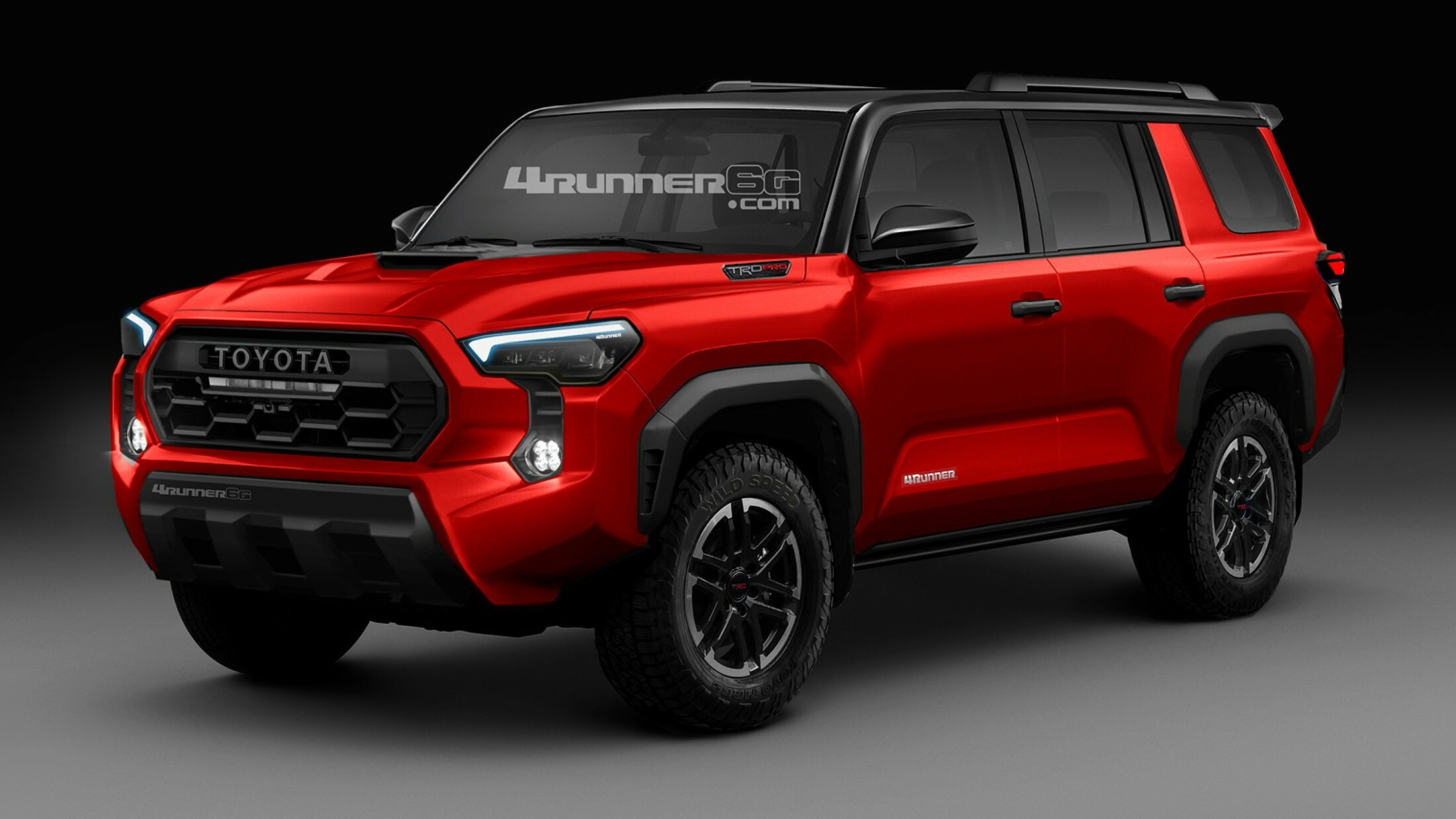
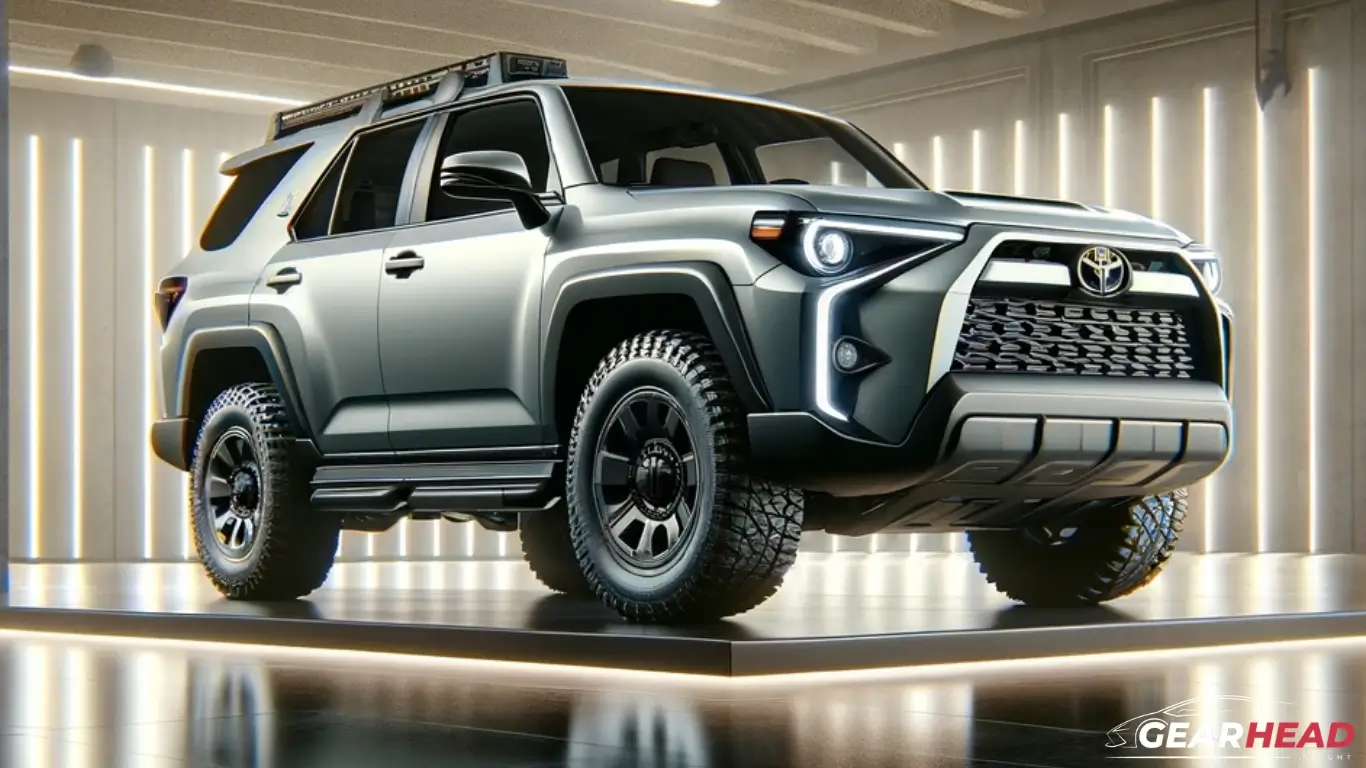

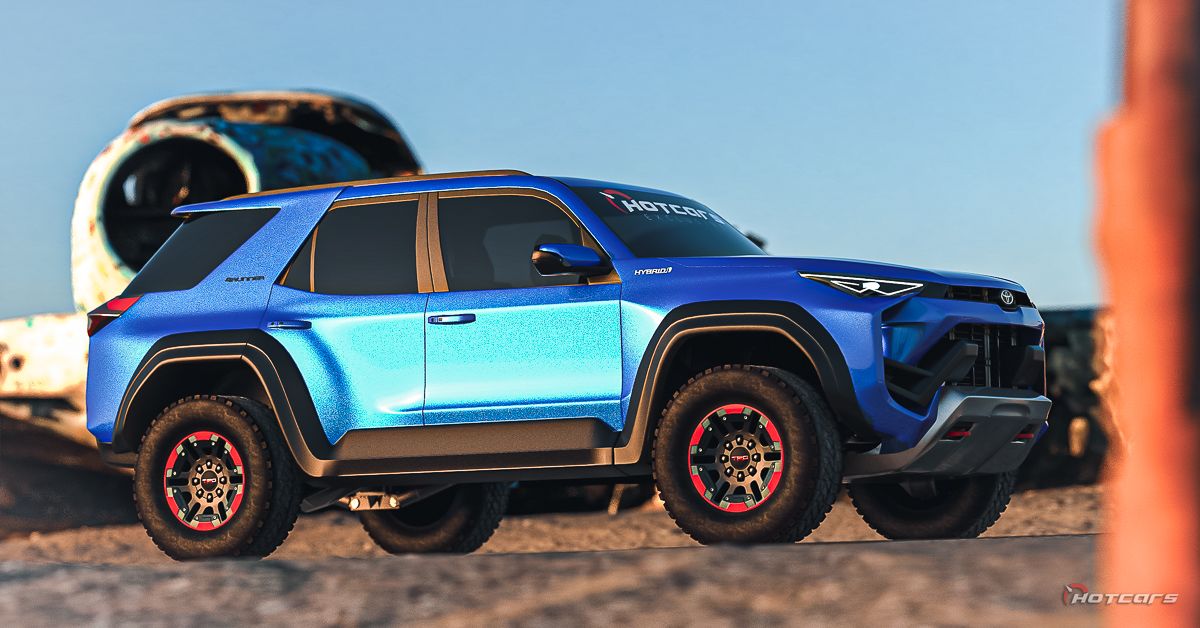


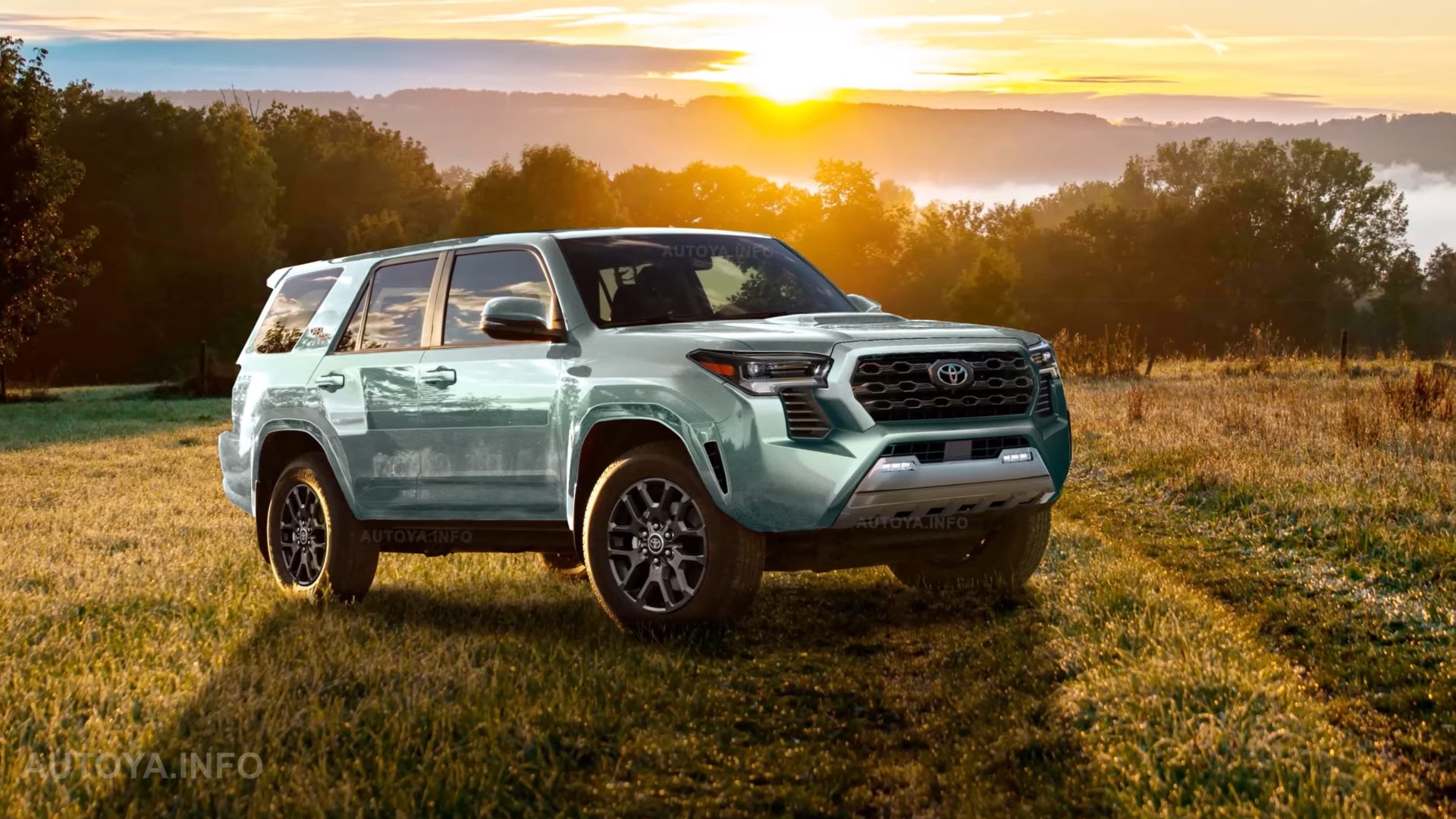
Closure
Thus, we hope this article has provided valuable insights into The 2025 Toyota 4Runner: A Bold Step Towards a Sustainable Future. We hope you find this article informative and beneficial. See you in our next article!
